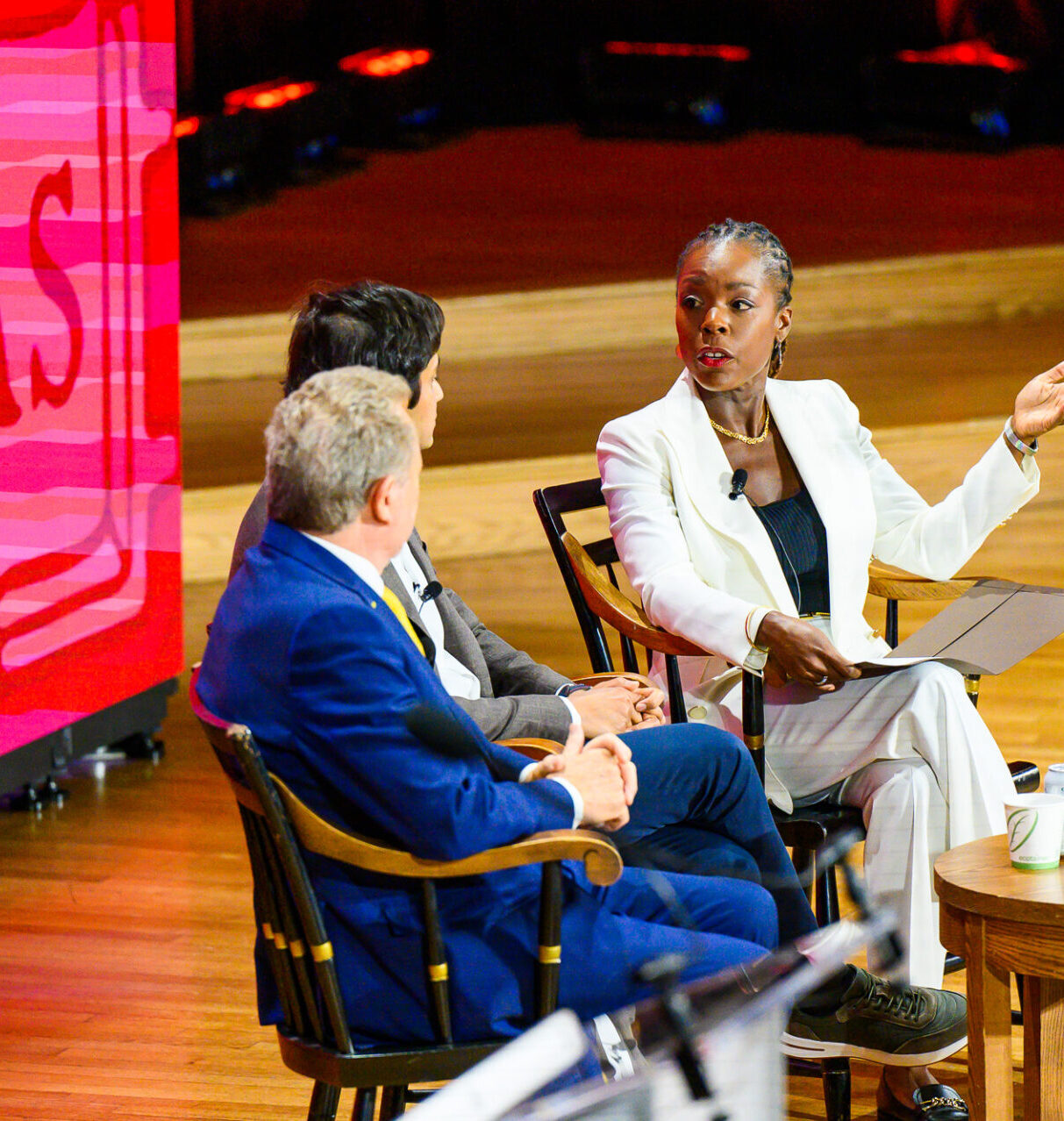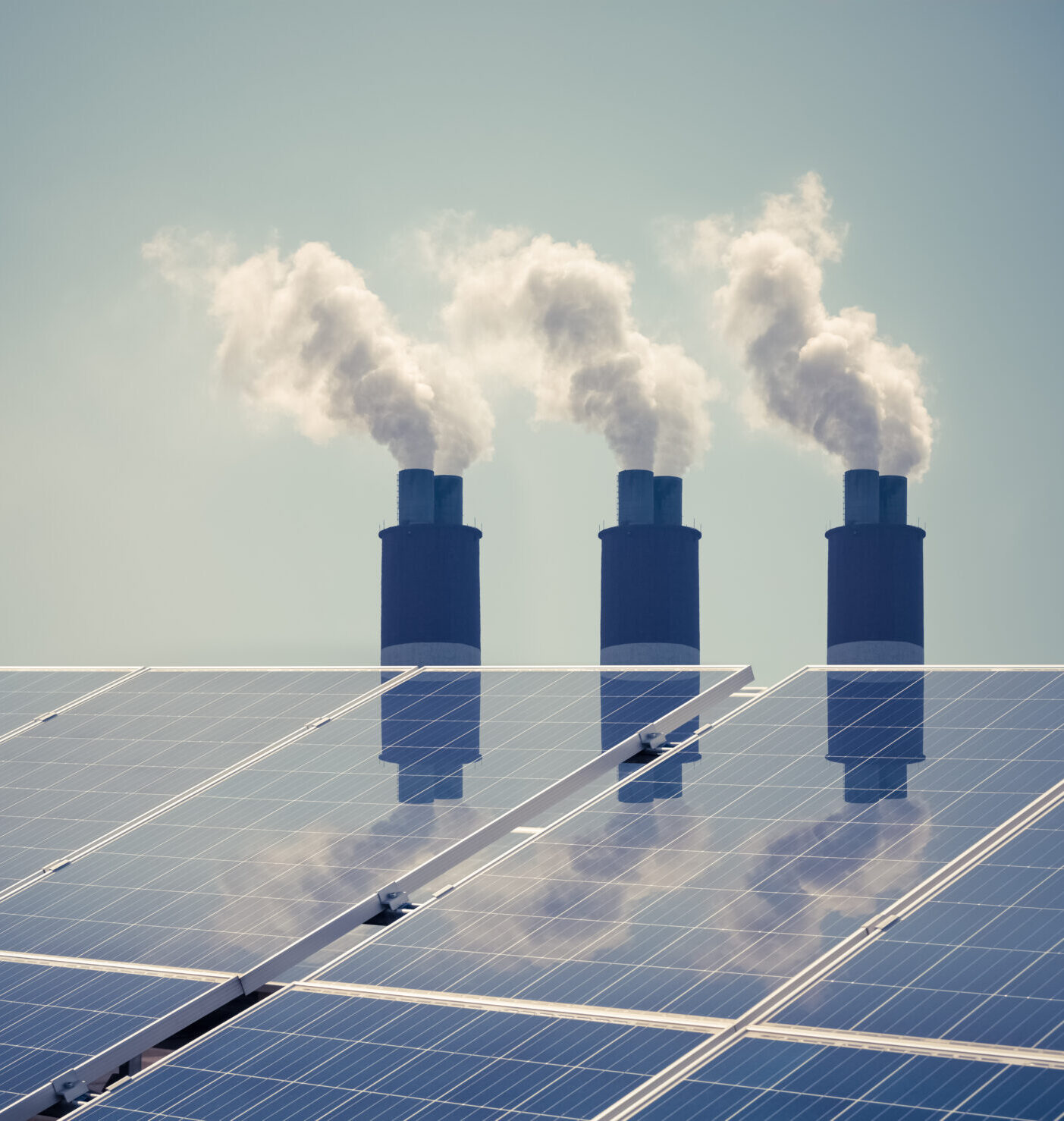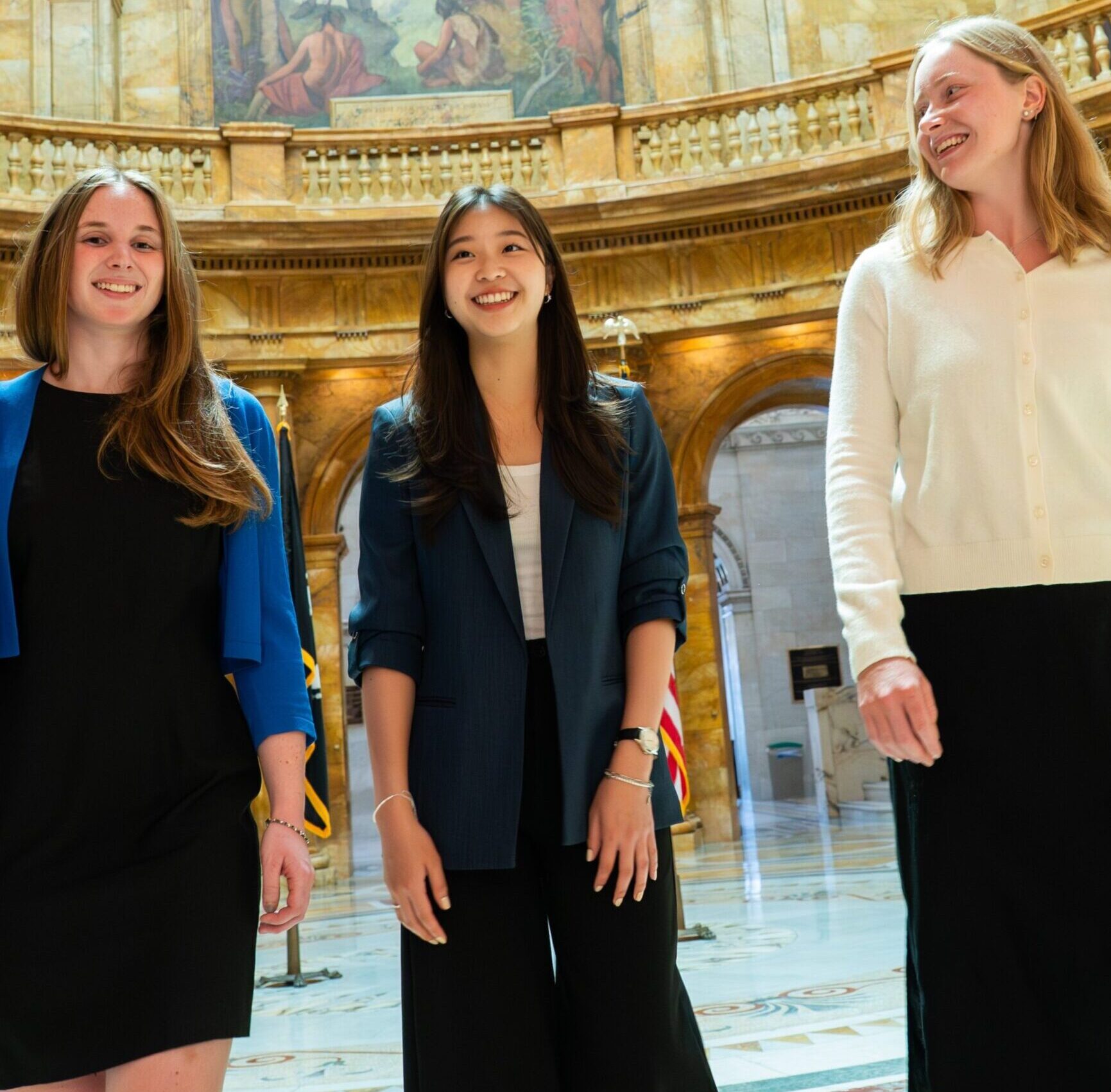Risks, Opportunities, and Investments in the Era of Climate Change
Instructor: George Serafeim | Term: Fall 2023
What inspired you to create this course?
The mission of Harvard Business School is to educate leaders that make a difference in the world. Climate change and the transformation to a low carbon economy represent an opportunity for HBS to fulfill that mission.
Businesses are great at raising large amounts of capital due to their ability to provide strong incentives to innovate and deploy new products and services quickly. We need these capabilities to decarbonize the economy.
If you want to start a business or join a startup and follow the entrepreneurial journey, there are tremendous opportunities to build businesses that abate or sequester greenhouse gases. Meanwhile, large, established businesses will require exceptional managerial talent to navigate the transition of business units, products, and operations to a new low carbon model while still delivering performance during the transformation.
I am excited about empowering our students with the leadership, analytical, and strategic skills and knowledge to lead this transition and create and lead the winning businesses of the 21st century.
How is climate change different from other forces that the next generation of entrepreneurs, leaders, and investors will face in their careers?
First, the global and systemic nature of climate change means its impacts are pervasive, affecting every sector and market in the economy. Unlike other forces that might impact specific sectors or regions, climate change presents universal challenges and opportunities. For instance, the transition to a low-carbon economy opens avenues for innovation across a multitude of sectors, ranging from agriculture and food production to battery manufacturing and the use of artificial intelligence to create new markets for the reuse of products in a circular fashion.
Second, the temporal dimension of climate change is unique. Its effects unfold over longer time horizons, introducing a business planning challenge. This necessitates a rethinking of traditional business models and strategies and demands resilience, adaptability, and foresight.
Third, climate change intersects with social and economic issues, making it a complex problem. It compels us to think not only about environmental sustainability but also about social equity and economic prosperity.
Fourth, climate change triggers strong emotional reactions. Business leaders need to double down on developing strong data and analytical models so decisions are driven by science and data.
Finally, the combination of risk and opportunity presented by climate change is transformative. On the one hand, climate change presents considerable risks to current business models, supply chains, and operational strategies. On the other hand, it offers immense opportunities for innovation, growth, and impact. From the creation of carbon markets to the development of renewable energy technologies and circular economy business models, climate change drives the need for innovative solutions that can simultaneously address environmental challenges and create economic value. In the course, we’re preparing the next generation of leaders to navigate this complex landscape of risk and opportunity. We’re empowering them with the knowledge, skills, and perspectives they need to drive innovation, lead sustainable transitions, and make informed investments in an era of climate change.
What kinds of opportunities for entrepreneurship do you see in the transition to clean energy?
The clean energy transition will change everything. How we build buildings — and therefore thinking about building insulation and building materials, such as steel and cement; how we move ourselves with electric vehicles; how we produce, store and consume energy; how we grow food and what we consume; how we use data, digital, and design to create new markets for everything from food containers to energy use to carbon markets; how we structure new financial products to finance the transition. Across all these functions, we observe the creation of very exciting new businesses. About half of the cases covered in this course focus on exciting, young, fast-growing companies.
This course dives into the complexities of transitioning operations, supply chains, and business strategies in the face of climate change. What are some examples of those complexities?
A simple one: most companies are still struggling to accurately measure the consequences of many of their actions on carbon emissions. If I develop a new product how much better would that be for the customers from a carbon footprint perspective? If I develop a new business model or service line how much would it help? Similarly, for many actions, the financial consequences are complex. The regulatory environment is uncertain and complex as governments have not set a clear and consistent path for decarbonization despite announcements and targets. Customer demand can be unequal and inconsistent while several changes require experimentation and large investments. At the same time, the benefits from moving first and capturing new markets can also be significant. Building the capabilities to measure, analyze, drive, and communicate performance during the transition will be an exceptional managerial talent.
What is the most important thing you hope your students will take away from this course?
I hope students will gain a profound understanding of the critical role they can play in the era of climate change.
Climate change is not just an environmental issue, it’s a societal and economic one as well — and it presents challenges as well as opportunities. I hope my students will leave the course with a solid foundation in the complexities of climate change and the transition to a low-carbon economy. I want them to understand the risks it poses to businesses, economies, and societies, but also the immense opportunities it presents for innovation, entrepreneurship, and investment. Beyond understanding, I aspire for my students to feel empowered to take action. Whether they choose to become entrepreneurs creating the next generation of climate solutions businesses, leaders guiding companies through the transition to a low-carbon future, or investors supporting the growth of companies transitioning or providing solutions, I want them to deeply understand how they can make a difference.











